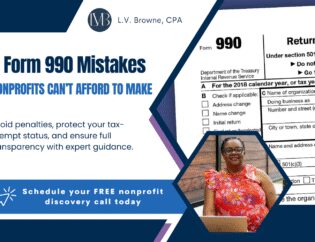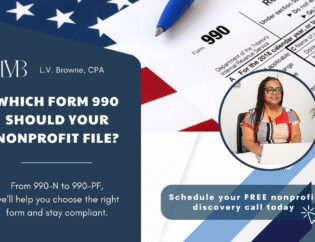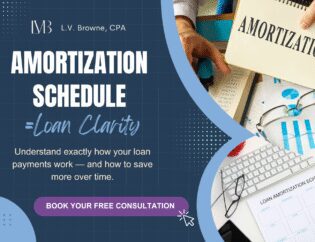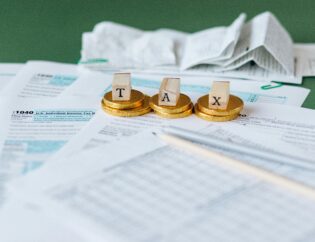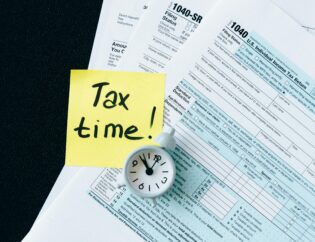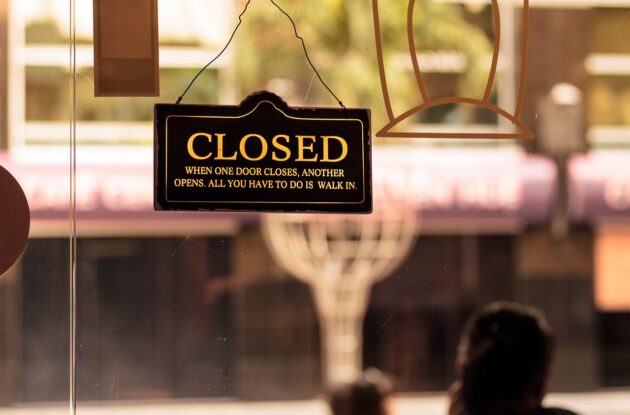
Closing a Business
Closing your business is a difficult decision to make and at times challenging. There are several procedures involved that may be confusing, but never impossible to navigate. No matter the type of business you may be operating, there are defined steps that will help you gain closure.
Firstly, it is important to file a final return with their related forms. To determine which documents you need to present, you must first identify the type of business you have. Whether you’re operating a limited liability, sole proprietorship, partnership, or corporation.
Next, it is vital to take care of your employees. During this process, you must pay all employees their final wages and owed compensation. Additionally, it is crucial to make final federal tax deposits and report employment taxes. The documents you may need to report employment taxes are forms 941 and 940.
Third, you must pay the tax you owe. Today, there are multiple payment options available for you to use to settle these obligations. These include:
- Pay from your bank account
- Pay by debit card, credit card, or digital wallet
- Same day wire
- Check or money order
- Cash
- E-filing
Moreover, you must report payments to contract workers. If you have paid any contractors at least $600 for services during the calendar year in which you close your business, you must report these payments. To do so, you must use form 1099-NEC and use form 1096 to send paper copies of all forms 1099 to the IRS.
After, you will need to cancel your EIN and close your IRS business account. The employer identification number – or EIN – assigned to your business is the permanent federal taxpayer identification number for that business. To complete this step, you need to send us a letter that includes:
- The complete legal name of the business
- The business EIN
- The business addresses
- The reason you wish to close the account
Lastly, you need to keep your records. The length of which you need to hold on to such documents varies. There are two specific ones which need your consideration. Firstly, there are property records, which relate to property until the period of limitations expires for the year in which you dispose of the property. Secondly, there are employment tax records, recommended to keep for at least four years.
For more detailed information, please contact Lakeesha V. Browne, CPA. She can give you more insights into making sure all closing details are taken care of and help you to work on new ideas.
Making a life alternating decision like this is never easy, but there are numerous sources ready to help you take the first step.
https://www.irs.gov/businesses/small-businesses-self-employed/closing-a-business

